Before achieving fame as the renowned host of late-night television, Johnny Carson was a young man who dutifully responded to his country’s call. His early years were defined by his service in the US Navy from 1943 to 1945. This period of his life served as the cornerstone for his exceptional Hollywood career, where he emerged as the unmatched presenter of “The Tonight Show Starring Johnny Carson.” Through his military service, Carson not only made a lasting impact on the silver screen but also within the hearts of his fellow servicemen.

Johnny Carson’s Early Years
Born on October 23, 1925, in Corning, Iowa, Johnny Carson spent his formative years in the heart of the Midwest. Carson’s family relocated to Norfolk, Nebraska, where he enrolled in Norfolk High School. During his academic years, he showcased his comedic prowess by participating in school plays and honing his magic skills.
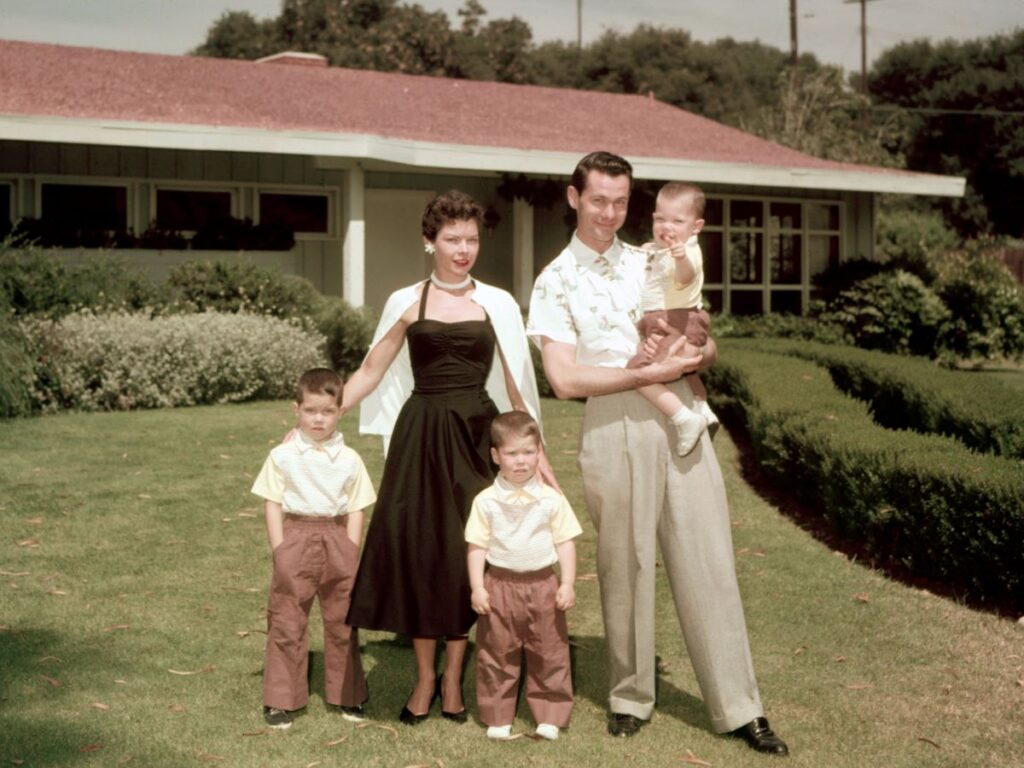
At the age of 12, during a visit to a friend’s house in Nebraska, he stumbled upon a magic book that captivated his interest. Carson eagerly ordered a magic kit through the mail, and with his mother’s assistance in crafting a cape, he began performing magic shows within his local community. His debut took place at the Kiwanis Club, and he later became a member of the International Brotherhood of Magicians. Carson’s innate charm and quick wit became apparent to those who had the pleasure of witnessing his early performances.
Johnny Carson Enlisted in the U.S. Navy during WW2
In 1943, as World War II raged on, Johnny Carson, at the age of 18, answered the call of duty and enlisted in the U.S. Navy. He joined a specialized program designed to train officers for the war effort. Completing his training at Columbia University, he earned the rank of ensign before the war’s end. Assigned to the USS Pennsylvania, a battleship engaged in significant Pacific theater battles, Carson’s responsibilities included decoding encrypted enemy radio communications.
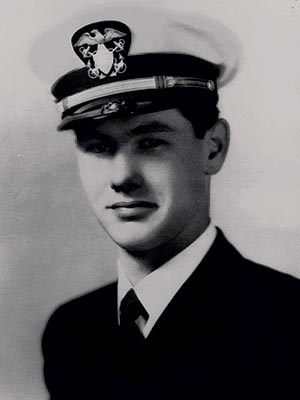
Despite the challenges of wartime, Carson’s humor and wit remained intact. He frequently entertained his fellow servicemen with impromptu comedy sketches and magic tricks, offering a brief escape from the harsh realities of war.
Johnny Carson’s High Point of Military Career
Johnny Carson often remembered a significant moment in his military service. While serving in the Navy, he had a chance to perform a magic trick for Navy Secretary James Forrestal. Though the specifics of the trick remain largely undocumented, this incident became a significant anecdote in Carson’s life. It showcased his ability to captivate and amuse people, even influential figures like the Navy Secretary.
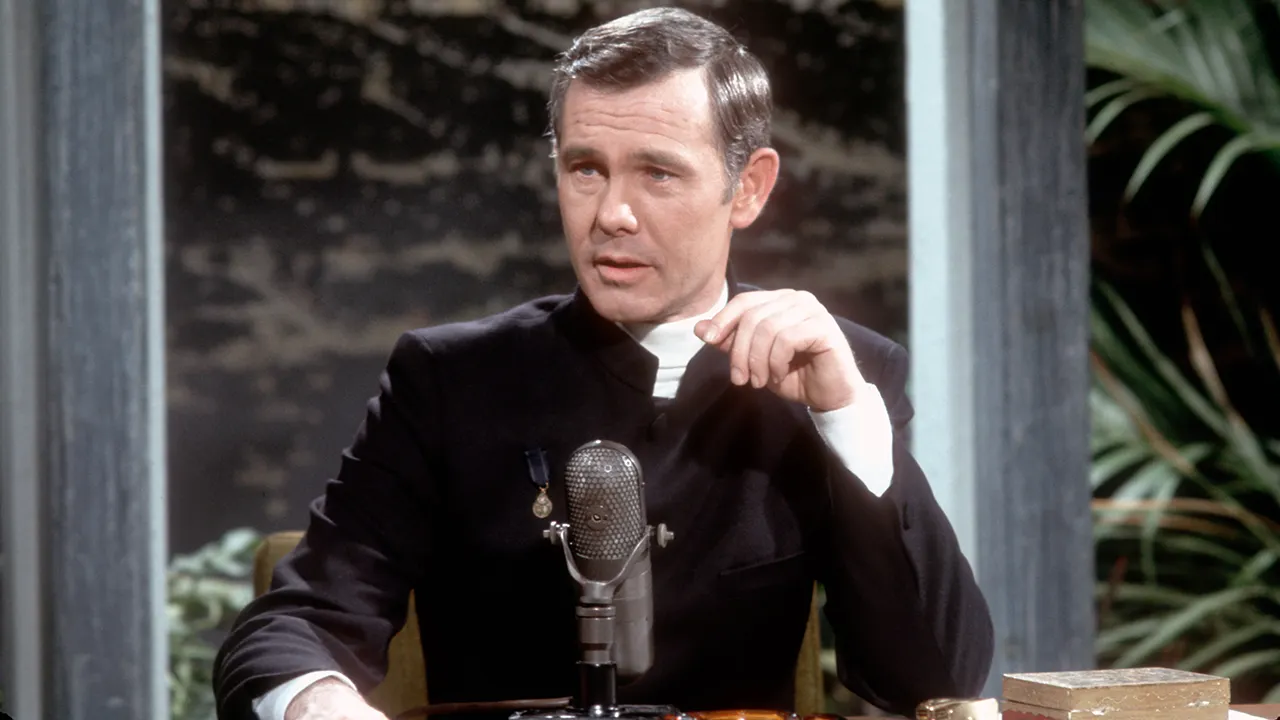
According to Carson’s biography, this encounter solidified his dream of becoming an entertainer. When Forrestal inquired if Carson intended to stay in the Navy after the war, Carson expressed his desire to pursue magic as a career. Forrestal was intrigued and asked Carson to demonstrate his card trick skills.

Carson’s magic brought delight to Forrestal, leaving a lasting impression on the young serviceman. Recognizing that he could entertain someone as stern as Forrestal, Carson became resolute in sharing his unique blend of magic and humor with audiences.
Johnny Carson is An Entertainment Business Kingmaker
After his military service in World War II, Johnny Carson’s career spanned several decades, making him one of the most influential figures in television and entertainment.
In 1949 Carson finished the University of Nebraska, where he studied radio and speech with the intention of pursuing a career in broadcasting. He later transitioned to television, working at various local stations. During this period, he hosted regional television shows and made guest appearances on national programs.
In 1950, Johnny Carson’s inaugural experience as a performer took place in Omaha when he hosted a morning television show titled “The Squirrel’s Nest.” In 1951, Johnny Carson furthered his career by hosting a show called “Carson’s Cellar.” This program, which aired in Los Angeles, provided him with a platform to showcase his comedic talents.
As the 50s transitioned to the 60s, Carson gained recognition as a comedian and host, making regular appearances on shows like “The Red Skelton Show” and “The Ed Sullivan Show.” He also hosted game shows, including “Earn Your Vacation” and “Who Do You Trust?” His charm began to earn him a dedicated following.
The turning point in Carson’s career came when he took over as the host of “The Tonight Show Starring Johnny Carson” in 1962. His tenure on the show, which lasted until 1992, became legendary. Under his guidance, “The Tonight Show” became a cultural phenomenon, featuring memorable interviews, sketches, and monologues. Carson’s nightly presence in the living rooms of millions of viewers solidified his status as the undisputed “King of Late Night.”
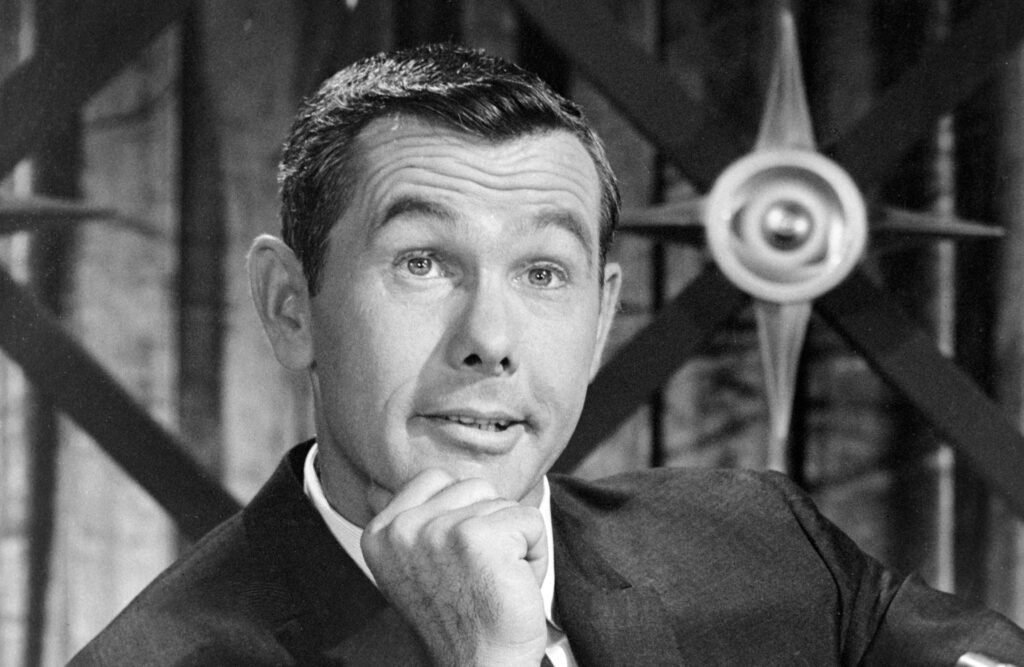
Johnny Carson played a pivotal role in the careers of many comedians, including David Letterman, Robin Williams, Jay Leno, Jerry Seinfeld, Arsenio Hall, Jeff Foxworthy, Ellen DeGeneres, Rodney Dangerfield, Joan Rivers, David Brenner, Tim Allen, Drew Carey, Howie Mandel, and Roseanne Barr. He provided them with a platform to showcase their talent and gain widespread recognition. Many of these comedians made their mark on “The Tonight Show,” where they could perform their stand-up routines, share anecdotes, and engage in witty banter with Carson. Being invited to sit on Carson’s guest couch was a sign that a comedian had made it in the industry, and the exposure often led to significant career opportunities.
After retiring from “The Tonight Show,” Carson maintained a relatively private life. He made occasional public appearances, including guest spots on other talk shows, but largely stayed out of the spotlight. His retirement was marked by rare but impactful appearances, such as his participation in the 1994 Emmy Awards.
Johnny Carson’s 10 Most Memorable Humorous Remarks
Johnny Carson was renowned for his quick wit and humorous remarks, often delivering memorable one-liners and witty comebacks on “The Tonight Show Starring Johnny Carson.” Here are some of Johnny Carson’s 10 most memorable humorous remarks:
- On Hollywood: “For three days after death, hair and fingernails continue to grow, but phone calls taper off.”
- On Politics: “Democracy means that anyone can grow up to be president, and anyone who doesn’t grow up can be vice president.”
- On Health: “The only thing that’s been a worse flop than the organization of non-violence has been the organization of violence.”
- On Age: “Middle age is when your old classmates are so grey and wrinkled and bald, they don’t recognize you.”
- On Marriage: “Marriage is a wonderful institution, but who wants to live in an institution?”
- On Success: “Talent alone won’t make you a success. Neither will be in the right place at the right time unless you are ready. The most important question is: ‘Are you ready?'”
- On Show Business: “Television is a device that permits people who haven’t anything to do to watch people who can’t do anything.”
- On Exercise: “I know a man who gave up smoking, drinking, sex, and rich food. He was healthy right up to the day he killed himself.”
- On Happiness: “Happiness is your dentist telling you it won’t hurt and then having him catch his hand in the drill.”
- On Retirement: “Retirement is a time when you never get around to doing all those things you intended to do when you were still working.”
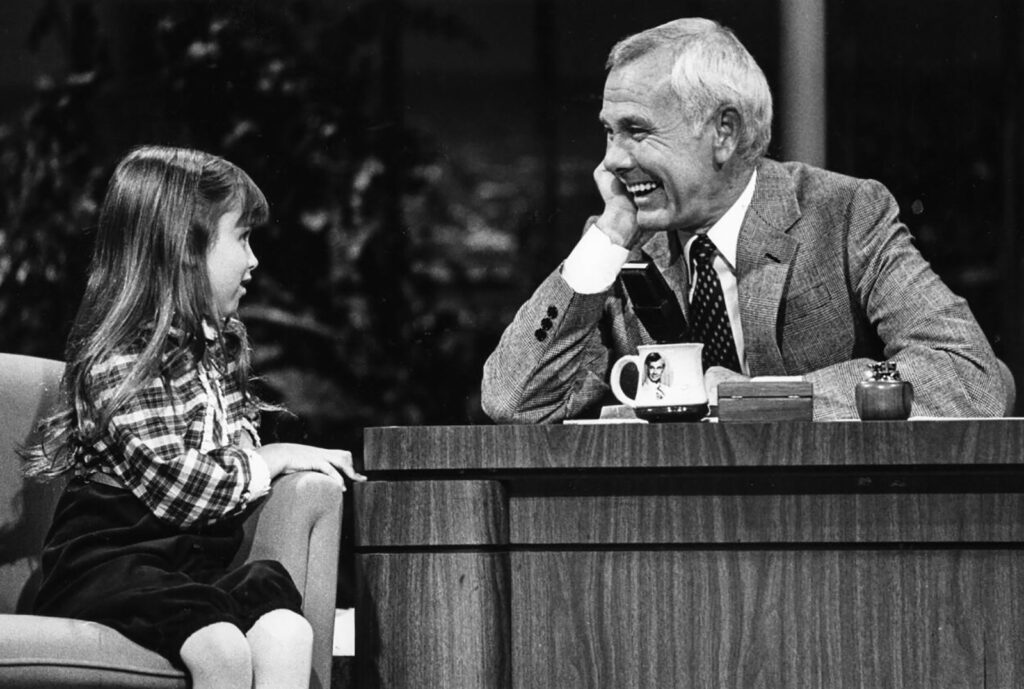
These remarks showcase Carson’s sharp wit and humor, which endeared him to audiences and made him a beloved figure in the world of entertainment.
Johnny Carson: Philanthropic Efforts and Charitable Contributions
Johnny Carson was not only a legendary entertainer but also a philanthropist who engaged in various charitable activities throughout his life. Although he was known for his private nature, his generosity made a significant impact on several causes.
One of Carson’s notable contributions was his involvement with the Children’s Scholarship Fund (CSF). He donated $5.3 million to CSF, an organization dedicated to providing scholarships to low-income children, enabling them to attend private schools. His substantial donation greatly assisted in enhancing educational opportunities for underprivileged youth.

Carson was also actively involved in supporting medical research. He made substantial donations to the University of Nebraska Medical Center, which subsequently named its medical campus the “Johnny Carson Center for Emerging Media Arts” in his honor. Additionally, he contributed to causes related to multiple sclerosis, a disease that his late nephew suffered from, by supporting organizations focused on research and patient care.
Also, Carson supported wildlife conservation efforts. He donated funds to organizations like the Henry Doorly Zoo in Omaha, Nebraska, helping them improve their facilities and enhance their conservation programs. His contributions played a vital role in raising awareness about wildlife conservation issues.
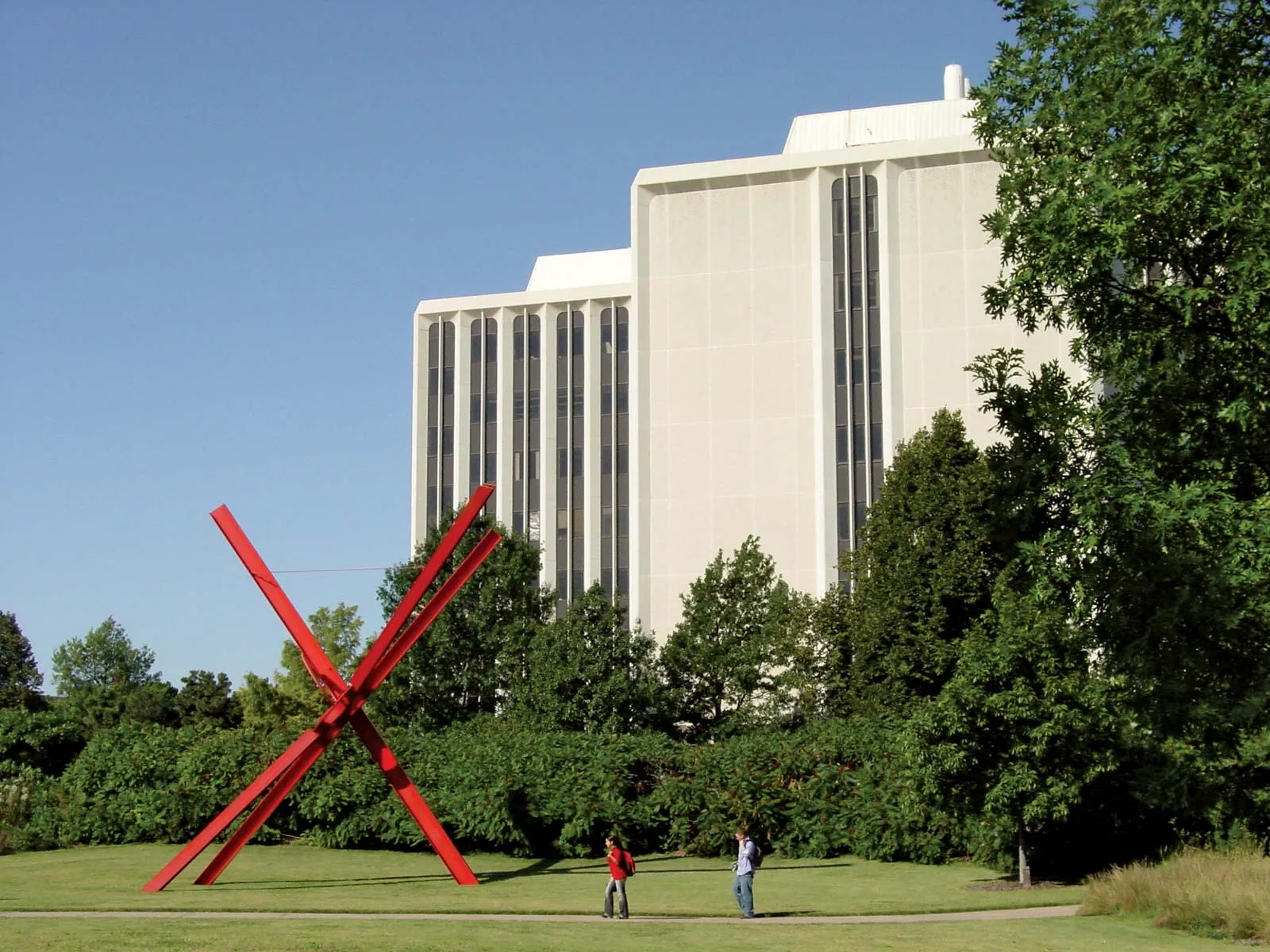
In his will, Johnny Carson left the majority of his estate, totaling over $156 million, to the John W. Carson Foundation, a charitable organization that continues to support various causes, including education, children’s services, health care, and arts and culture.
Carson’s legacy of charity continues to benefit numerous individuals and communities, showcasing his enduring impact beyond the realm of entertainment.
Johnny Carson: Posthumous Awards and Honors
Johnny Carson passed away on January 23, 2005, at the age of 79, following complications from emphysema. His death marked the end of an era in television, but his legacy as an iconic entertainer and late-night pioneer continues to inspire generations of comedians and television hosts.
In the years following his passing, Johnny Carson’s legacy has been solidified through numerous posthumous awards and honors. These recognitions serve as a testament to his enduring influence on the entertainment industry.
One of the most prestigious accolades bestowed upon Carson posthumously was the Kennedy Center Honors in 1993. This esteemed recognition celebrated his exceptional contributions to American culture through his work on “The Tonight Show,” acknowledging his role in shaping the landscape of late-night television.
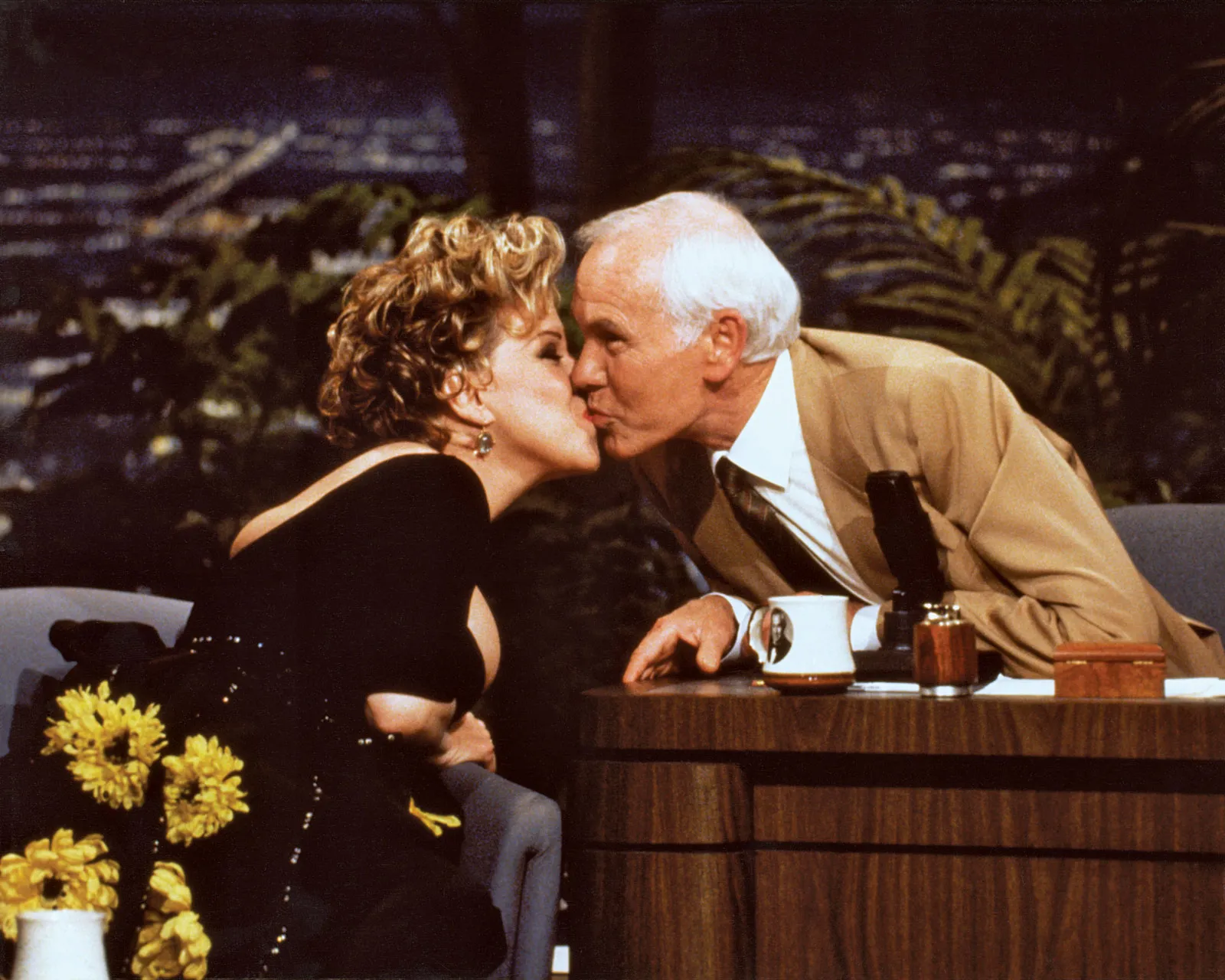
Additionally, Carson received the Presidential Medal of Freedom in 1992, a high honor awarded to individuals who have made significant contributions to world peace, culture or other national interests. This recognition highlighted his impact not only as an entertainer but also as a cultural icon whose influence transcended the realm of television.
Carson was posthumously inducted into the Television Academy Hall of Fame, an accolade that underscores his lasting impact on the medium of television. This recognition serves as a reminder of his groundbreaking work and innovative approach to late-night programming.
These posthumous awards and honors serve as enduring tributes, celebrating Johnny Carson’s extraordinary career. His contributions continue to resonate with audiences worldwide, reminding us of his lasting impact on the world of entertainment.
Johnny Carson’s military years were a crucial part of his life, shaping the person he became. His transition from the military to entertainment shows how determination and strength can lead to success. TogetherWeServed proudly recognizes him as an American icon, admired for his hard work, and inspired generations with his remarkable journey.
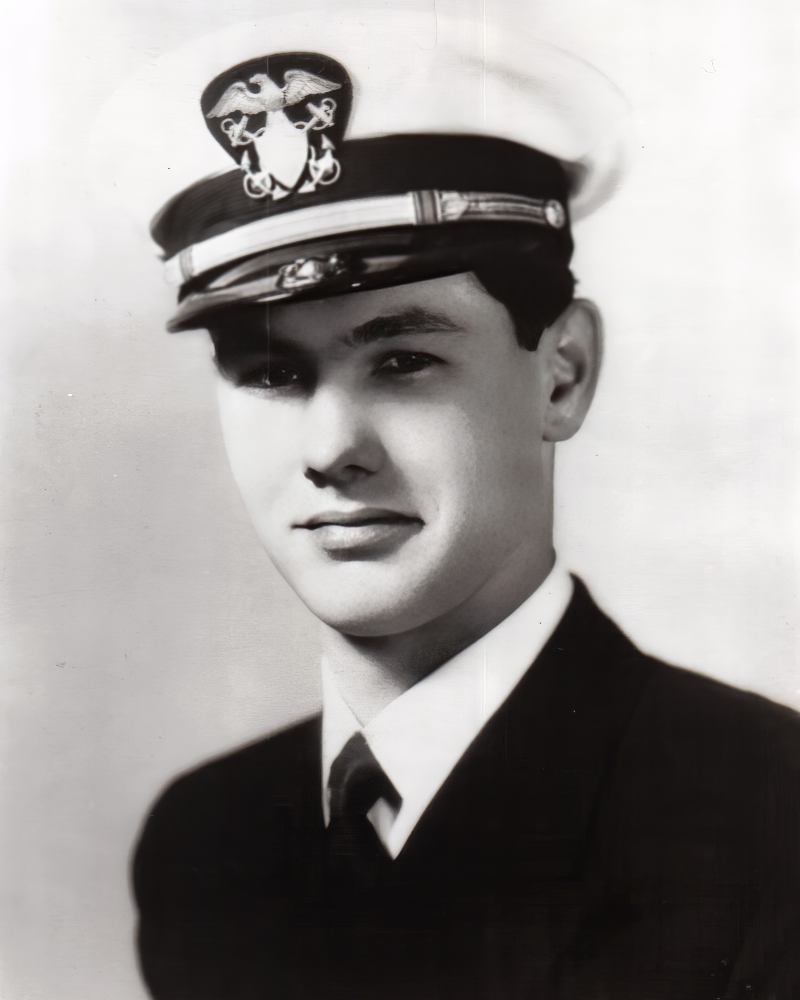
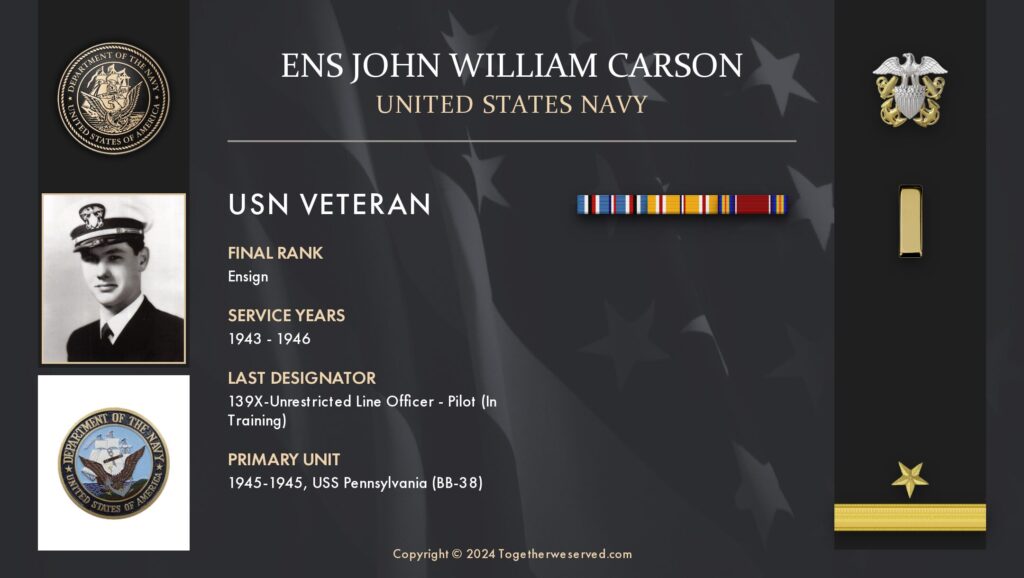
Read About Other Celebrities Who Served
If you enjoyed learning about Johnny Carson’s service in the military, we invite you to read the stories of other remarkable celebrities who served on our blog. In addition to our profiles of celebrities who served, we share military book reviews, veterans’ service reflections, famous military units, and more on the TogetherWeServed.com blog. If you are a veteran, find your military buddies, view historic boot camp photos, build a printable military service plaque, and more on TogetherWeServed.com today.
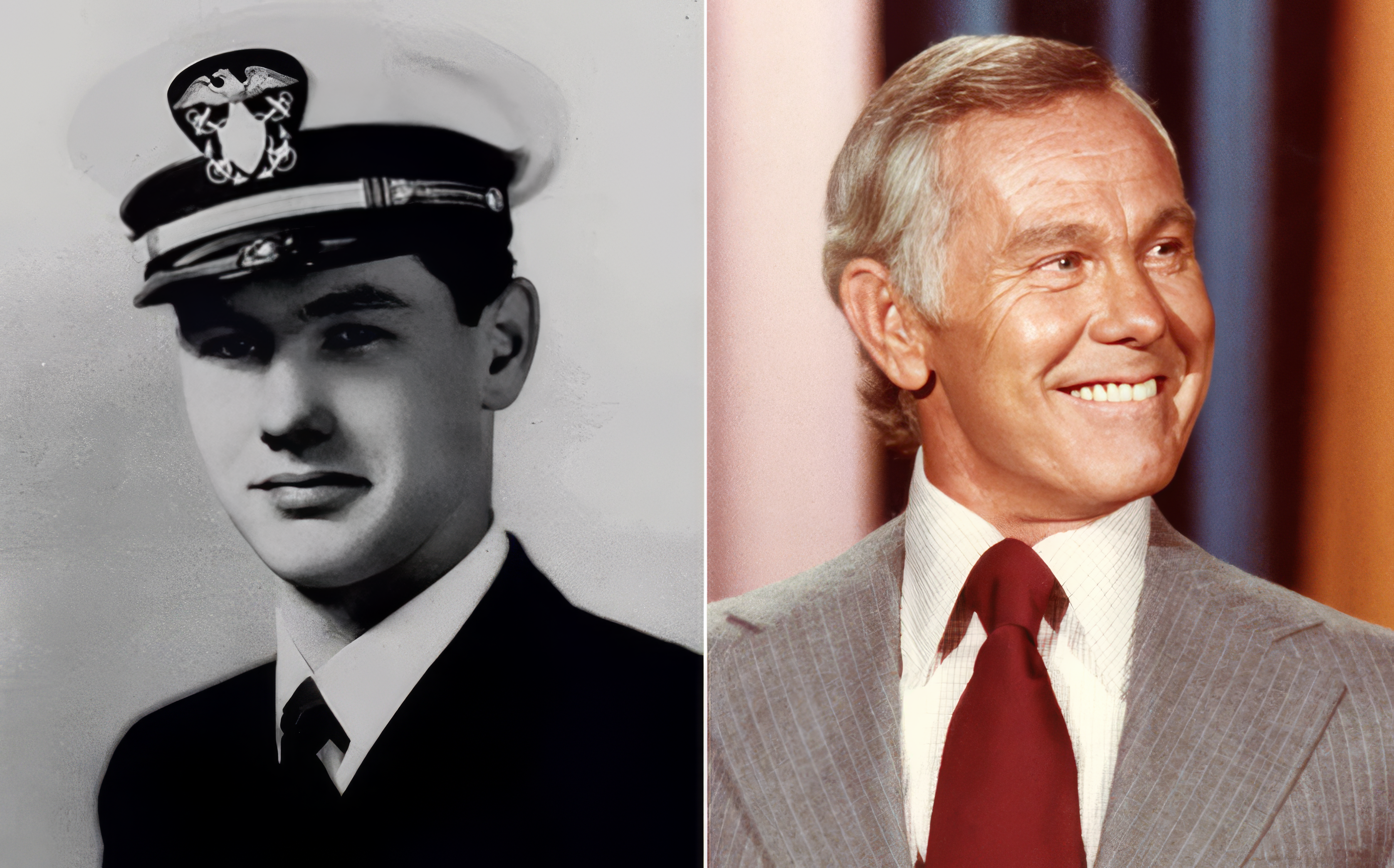
TWS Blog — Military Campaign Stories — World War II —
ENS Johnny Carson, U.S. Navy (1943-1945)
Before achieving fame as the renowned host of late-night television, Johnny Carson was a young man who dutifully responded to his country’s call. His early years were defined by his service in the US Army Air Force from 1943 to 1945.
++++
the lead paragraph is incorrect. As the rest of the entry makes clear, Carson served in the Navy, not the Army Air Force.